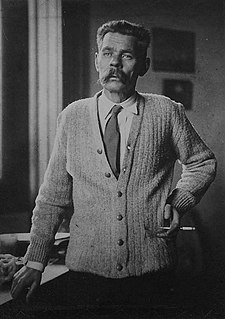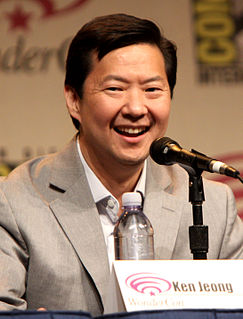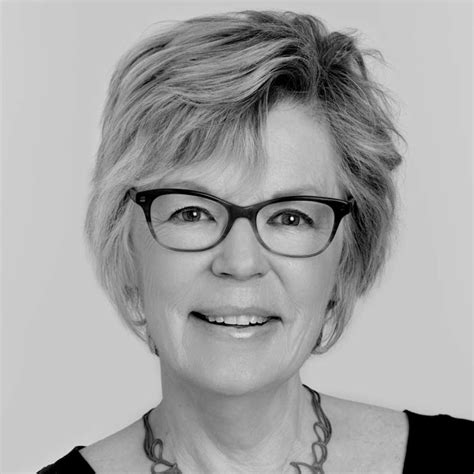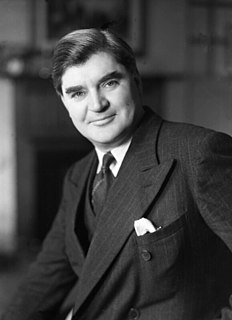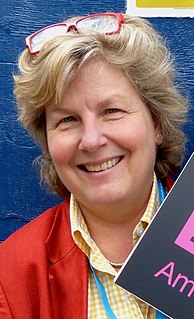A Quote by Mikhail Varshavski
I think, in picking a doctor, you should focus less on the degree and more on their knowledge, bedside manner, communication, and patients' experiences.
Related Quotes
I was not a good doctor, my studies had been too rapid, my hospital training too short, but there is not the slightest doubt that I was a successful doctor. What is the secret of success? To inspire confidence. What is confidence? ... I do not know, I only know that it cannot be acquired by book reading, nor by the bedside of our patients. It is a magic gift granted by birth-right to one man and denied to another. The doctor who possesses this gift can almost raise the dead
The short form, speed, and consistency of communication by Trump beat Clinton's nuanced, detailed, and long-form communication. Trump came across as more genuine, Clinton as less than transparent. Trump engaged directly with his community; Clinton spoke through the media in a careful and less frequent manner.
Small wonder our national spirit is husk empty. We have more information but less knowledge. More communication but less community. More goods but less goodwill. More of virtually everything save that which the human spirit requires. So distracted have we become sating this new need or that material appetite, we hardly noticed the departure of happiness
While the dogmatist is harmful, the sceptic is useless ...; one is certain of knowing, the other of not knowing. What philosophy should dissipate is certainty, whether of knowledge or of ignorance. Knowledge is not so precise a concept as is commonly thought. Instead of saying 'I know this', we ought to say 'I more or less know something more or less like this'. ... Knowledge in practical affairs has not the certainty or the precision of arithmetic.
I think doctors are really suffering now. They're suffering in the sense that they feel torn between serving their patients in the best way they can and dealing with all of requirements of the insurance companies and the HMOs and the hassles and the paper work and the increasing pressures to do less and less for their patients.
For a very great many years, I asked this question: ‘To communicate or not to communicate?’ If one got himself in such thorough trouble by communication, then of course one should stop communicating. But this is not the case. If one gets himself into trouble by communicating, he should further communicate. More communication, not less, is the answer.
As a matter of principle, we believe patients should be able to see the right doctor at the right time. As a matter of principle, we believe nothing should interfere with that doctor-patient relationship. As a matter of principle, we believe all Americans deserve affordable, available, and reliable quality health care.

